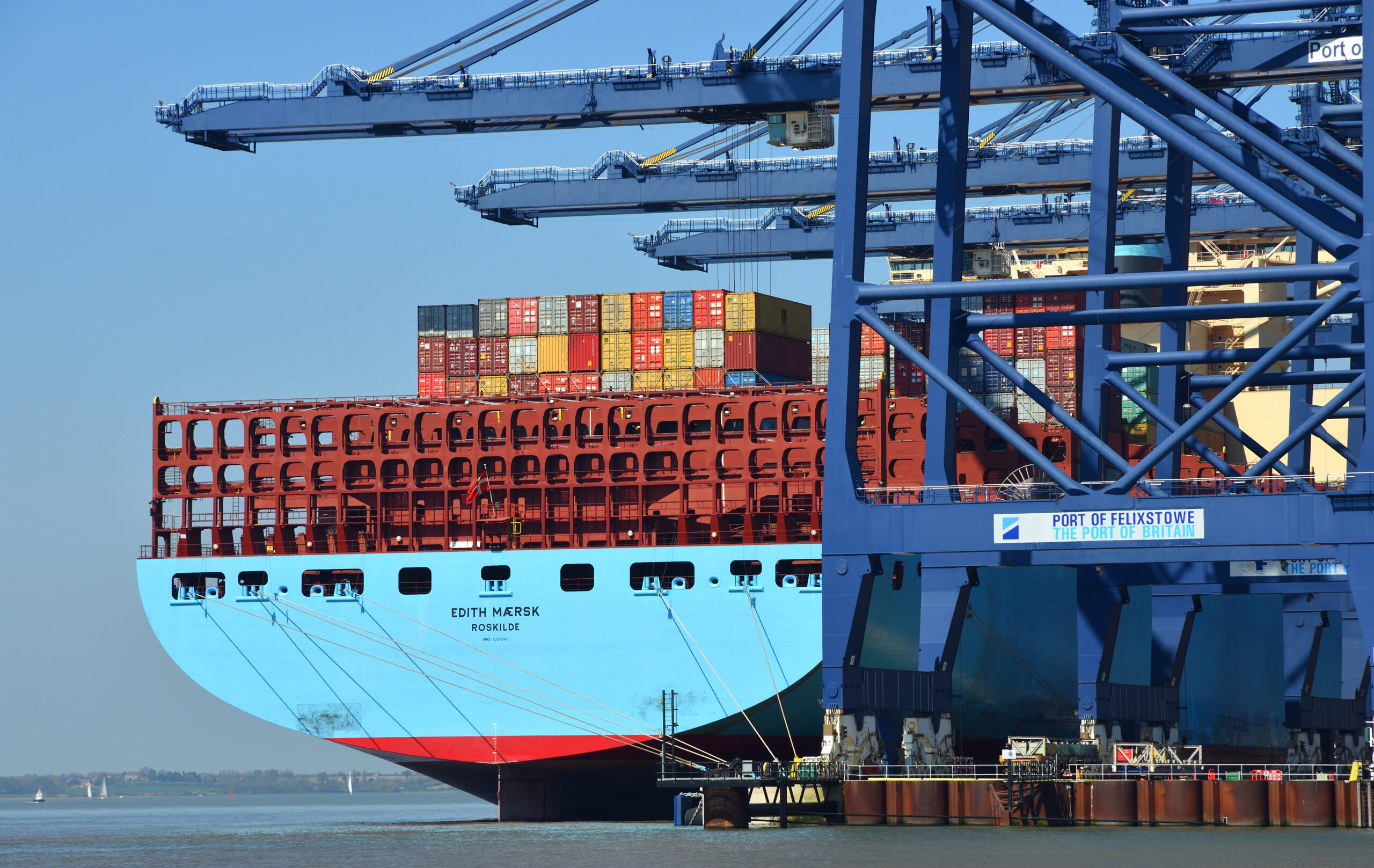The Maritime Technologies Forum (MTF), a group of flag states and classification societies that aims ‘to bridge the gap between technological progress and regulatory process’, has published a report identifying the key drivers for the safe adoption of onboard carbon capture and storage (OCCS).
The report, ‘Safe Onboard Carbon Capture and Storage,’ calls for the maritime industry to further explore the opportunities presented by OCCS as a tool for decarbonisation and to examine its safety and cost-effectiveness, as well as the robustness of its downstream value chain. ‘A secured downstream value chain’, the authors note, ‘is the most important pre-requisite for OCCS implementation.’
To achieve the International Maritime Organization’s (IMO) target of reducing carbon emissions to net zero by 2050, the report suggests that alternative fuels will require supplementary emissions reduction measures, such as OCCS. The deployment of OCCS is an interim pathway to bolster international shipping’s ability meet IMO targets while zero-carbon emission fuels become more viable and widely used. OCCS adoption should enable vessels powered by conventional fuels to continue to operate during this transitional period but with substantially reduced emissions.
For OCCS to be trusted by regulators, investors, and wider society, MTF asserts that a reliable monitoring, reporting, and verification (MRV) framework must be established and widely adopted. This framework is essential to ensure accurate data regarding the CO2 that has been removed from exhaust gases, as well as information on where it is finally stored or reused.
Clear regulations are therefore essential for governing the implementation of OCCS systems. At present, there is no comprehensive international framework that fully address OCCS, which has led to uncertainty for investors and shipowners. However, the report’s analysis of current regulatory trends indicates that discussions surrounding an OCCS framework are evolving, driven by in part recent advancements in safety and environmental performance regulations.
The authors note that the IMO Maritime Safety Committee (MSC) has agreed to develop a roadmap for sub-committees involved in preparing new instruments or requirements for OCCS; the Marine Environment Protection Committee (MEPC) has formed a new correspondence group regarding an OCCS regulatory framework; and potential updates to EU ETS and FuelEU Maritime are under discussion at the European Commission to integrate OCCS into these initiatives.
MTF makes several key recommendations for developing a regulatory framework for OCCS implementation. These include improving safety guidelines; integrating OCCS into existing mechanisms, such as the Energy Efficiency Design Index (EEDI) and Carbon Intensity Indicator (CII); defining CO2 impurity levels for safe handling; and amending Safety Management Systems (SMS) to include crew training specific to OCCS.
Lars Lippuner, UK Maritime and Coastguard Agency (MCA) Director, UK Customer Maritime Services, commented: ‘This report identifies the various variables and challenges that are impacting broad adoption of onboard carbon capture, including the need for a downstream carbon value chain. These recommendations will help establish a robust framework for standards and requirements.’
Christopher Wiernicki, Chaiman and CEO of ABS, emphasised that ‘carbon capture is shaping up to be a key transformational technology and enabler for shipping to achieve its net-zero emissions goals. The recommendations outlined in this latest report offer important steps for industry and regulatory to consider, helping support the safe and efficient adoption of onboard carbon capture.’



